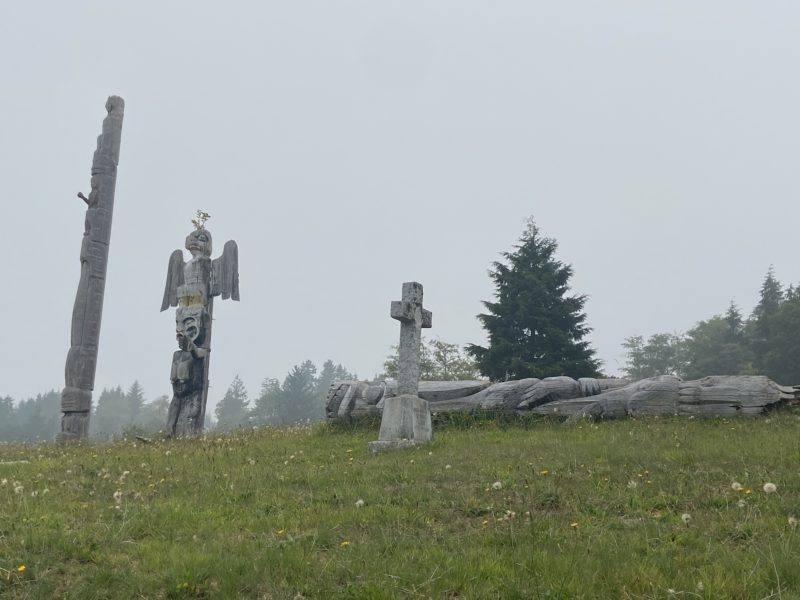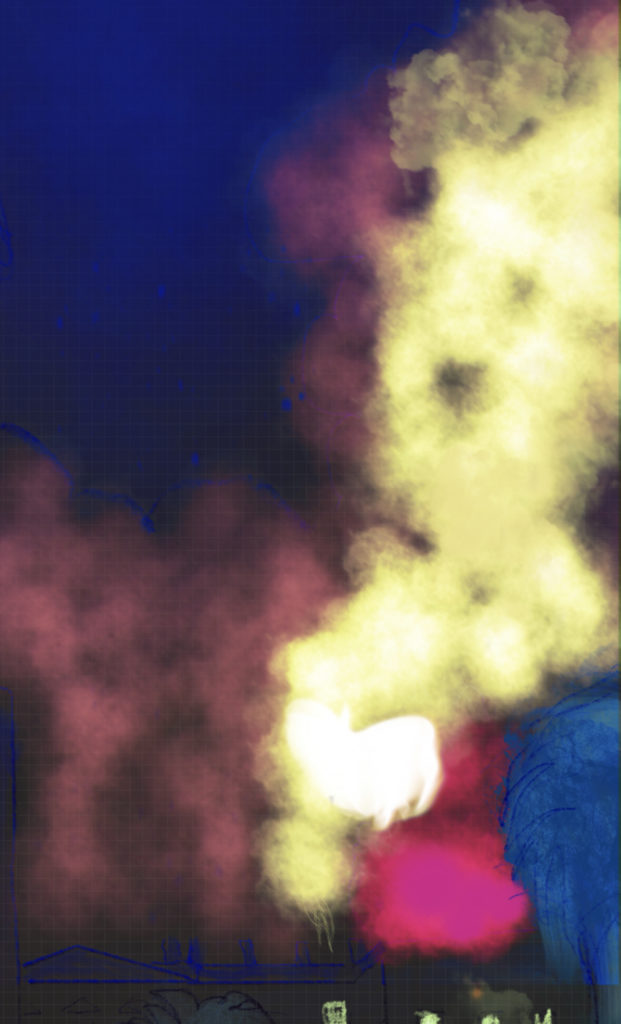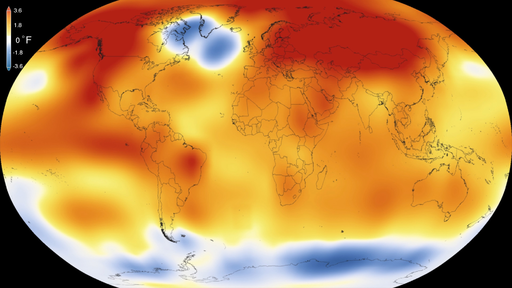Global fire, fear and the good fire
I’ve blogged before about the emerging fire crisis, which has only become even more worrying over the last years. Recent fires swept through the entire West Coast, where many of my students, colleagues and family were affected. Given the multiple crises in the United States at the moment, I’m not sure how timely it is to address this topic now. But the fires aren’t going away in coming years.
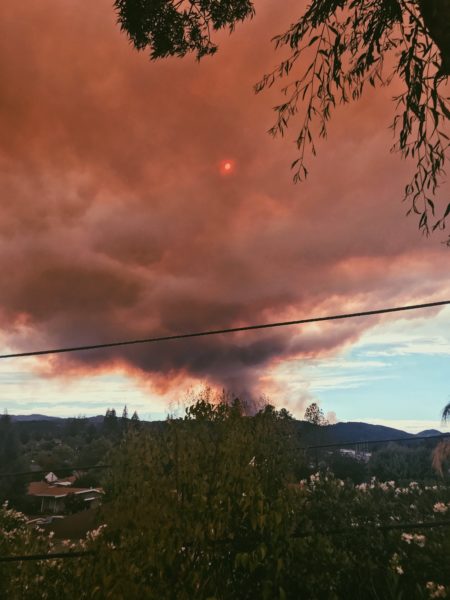
To understand these fires better, there are two amazing podcasts that are worth listening too, even during the pandemic. The first is called Good Fire by Amy Cardinal Christianson and Matthew Kristoff. It looks at how Indigenous peoples have used their knowledge around the world to create better and safer environments. While much of that knowledge was lost or suppressed, it’s not all gone, and can still be revived. For me, this podcast emphasized that there is not only one science, and that Indigenous sciences and knowledge are critical to our efforts to address global crises. Grace Dillon recently talked about Indigenous knowledge in her podcast interview with me on Indigenous Futurism, in case anyone wants to dive more deeply into this topic. Good Fire provides a truly global introduction to Indigenous fire knowledge, that reaches from Brazil and Venezuela to Australia.
The second podcast that I want to recommend is CBC’s World on Fire, which itself references Good Fire. The hosts carefully discuss the history, science and global trends that define fire. It’s an engrossing podcast, filled with interviews and first person accounts. I know that during the pandemic people are doom-scrolling on Twitter, but many others are seeking to retreat from the world. But these two podcasts are worth investing some attention when you’re ready. Both podcasts are available on Apple podcasts, Spotify and all other major podcast platforms.
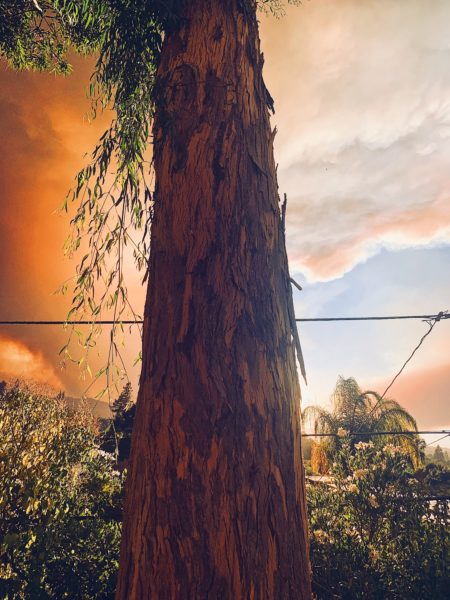
If anyone wishes to read further, I also recommend Edward Struzik’s Firestorm: how wildfire will shape our future. Although book was written from a Canadian perspective -it begins with detailed coverage of the immense 2016 wild fire in Fort McMurray, Alberta- he spends a great deal of time examining why wildfires have become so much more deadly in North America’s recent past. Struzik also covers how Indigenous peoples managed the land, and lessened the risks of wildfires. The book provides a good complement to these two podcasts.
